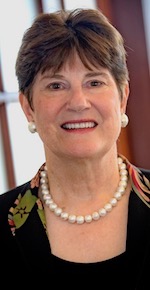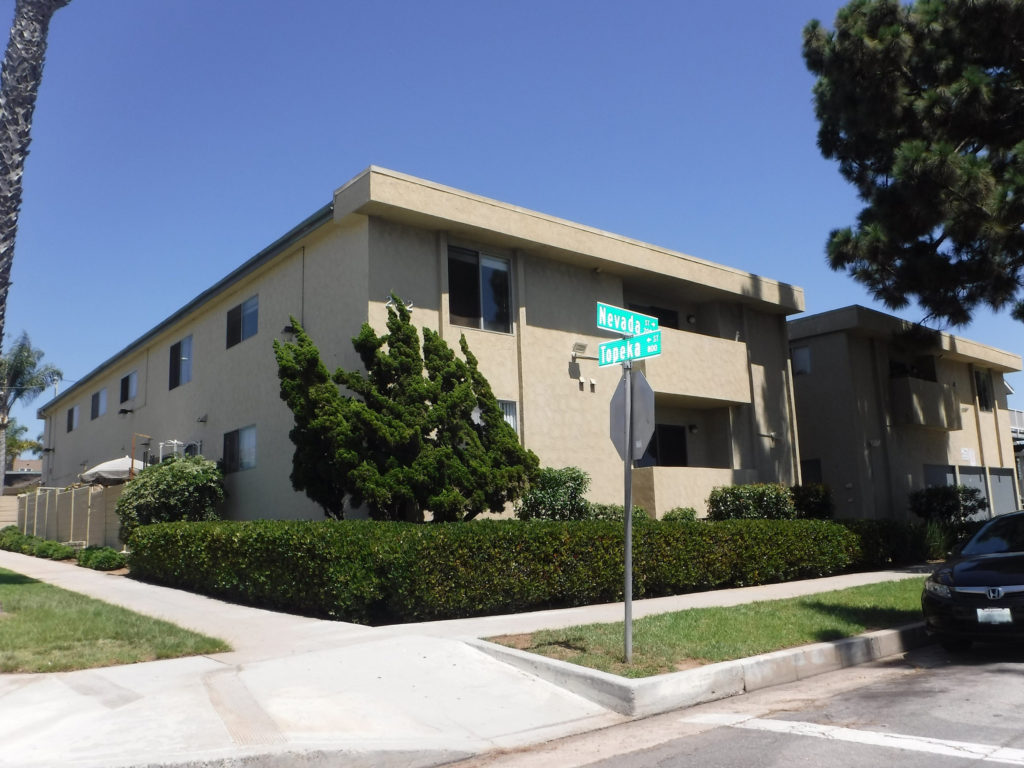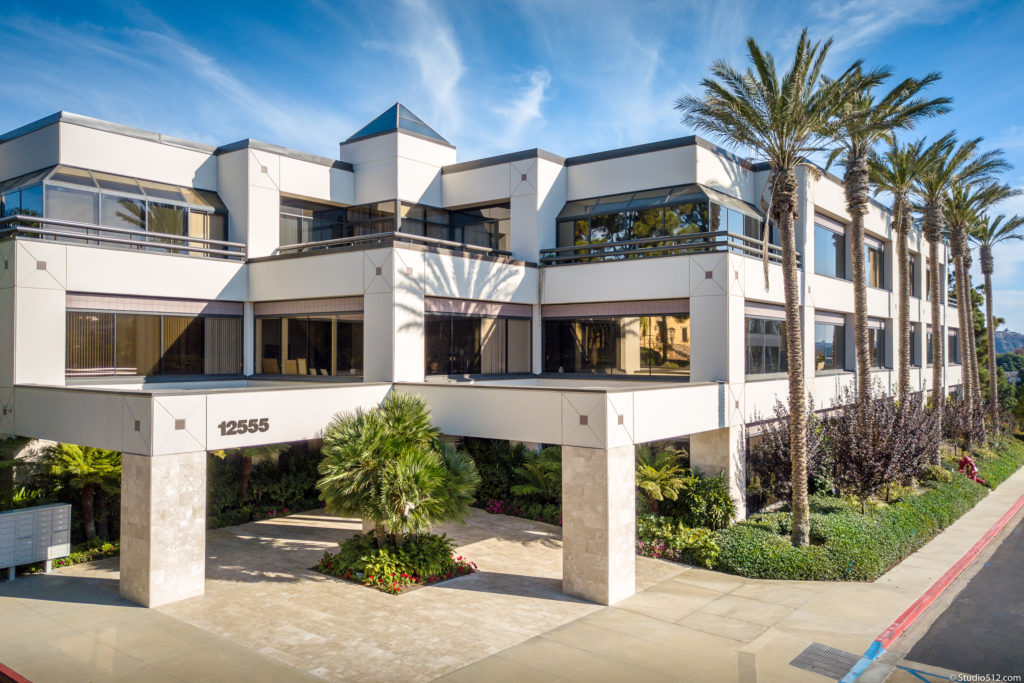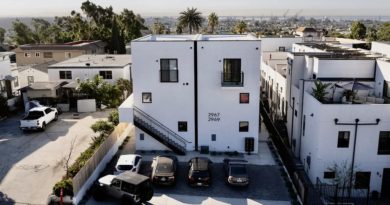Daily Business Report-Aug. 9, 2019
California payday loans, also known as deferred deposit transactions, typically require customers to give lenders a personal check of up to $300, the maximum allowed.
Payday loan industry moving toward
larger consumer installment loans
California’s payday loan industry seems to be moving toward larger consumer installment loans over $300 and, in many cases, over $2,500, according to lender reports released Thursday by the Department of Business Oversight (DBO).
The reports show the total number and aggregate dollar amount of payday loans continued a long decline in 2018 while non-bank, unsecured consumer loans issued under the California Financing Law (CFL) increased markedly.
“The numbers and other trends strongly suggest the payday loan industry is evolving, with lenders moving more into CFL territory,” said DBO Commissioner Manuel P. Alvarez. “On the one hand, it’s encouraging to see lenders adapt to their customers’ needs and expectations. But by the same token, it underscores the need to focus on the availability and regulation of small-dollar credit products between $300 and $2,500, and especially credit products over $2,500 where there are largely no current rate caps under the CFL. Consumers need a range of sensible credit choices and, in that regard, we all have different roles to play.”
California payday loans, also known as deferred deposit transactions, typically require customers to give lenders a personal check of up to $300, the maximum allowed. Borrowers receive the check amount minus an agreed-upon fee that cannot exceed 15 percent, or $45 from a $300 check. The lender defers depositing the check for a specified period not to exceed 31 days.
Payday lenders charged an average annual interest rate of 376 percent, and continued to rely on repeat and low-income customers who took out most of the 10.2 million loans totaling more than $2.8 billion last year, the 2018 report found. Still, these were the lowest levels reported for both categories in 13 years, since $2.55 billion and 10 million transactions in 2006, according to historical data on the DBO website. The 1.62 million customers also represent a nine-year low dating back to 2009 when the industry reported 1.57 million customers.
This multi-year decline has left the industry with the fewest licensed payday locations in California since the former Department of Corporations, which merged into the DBO, began regulating payday lenders in 2005.
According to the 2018 payday report, the number of licensed locations has dropped 34 percent to 1,645 from a high of 2,493 in 2006.
____________________

County supervisors vote to buy land
to expand Iron Mountain Preserve
County supervisors Wednesday approved buying 160 acres near Iron Mountain in Poway to give threatened animals like deer and the California gnatcatcher more room to roam, and potentially, people more trails and connections to hike.
The 160 acres are located east of State Route 67 near Poway Road, adjacent to 1,123 acres owned by the city of Poway, surrounding Iron Mountain, one of the most popular hiking destinations in the county.
Because the land includes important habitat that can support numerous threatened species, it fits within the county’s Multiple Species Conservation Program (MSCP). Since instituting the MSCP in 1998 and through 2018, the county has invested $202 million to acquire more than 22,000 acres of open space to protect habitat and species.
The county is buying the new land from Poway Iron Mountain Estates LLC for $1.28 million, using a $200,000 grant it received from the State of California Habitat Conservation Fund in 2016 to help pay for the purchase.
County officials said that once the purchase is complete, the county will enter into an agreement with the city of Poway to manage the property, with the exception of habitat monitoring that will be done by the county under the MSCP.
____________________
County offers grants to help organizations
upgrade high-polluting vehicles, equipment
The county of San Diego is inviting businesses, nonprofits and government organizations that currently use high-polluting heavy-duty equipment to apply for a share of $28.5 million in grant funding for greener vehicles, machinery and equipment.
The grants, which come from the California Air Resources Board and the California Department of Motor Vehicles, will allow qualifying applicants to replace existing machines and equipment that emit toxic air contaminants with new low- or zero-polluting versions. Eligible projects include heavy-duty trucks, agricultural and off-road construction equipment, boat engines, energy-efficient fueling-infrastructure equipment, and buses and air filtration systems used in K-12 schools.
The county Air Pollution Control District will hold a community forum Aug. 27 where businesses and organizations can learn details about applying for the grants.
____________________
Ninth Circuit Judge M. Margaret McKeown
of La Jolla to receive ABA’s John Marshall Award

Judge M. Margaret McKeown of the United States Court of Appeals for the Ninth Circuit, a La Jolla resident, is the recipient of the prestigious John Marshall Award presented by the American Bar Association’s Judicial Division and the Standing Committee on the American Judicial System. McKeown will receive the award today during the ABA’s annual meeting at the Nikko Hotel in San Francisco.
The John Marshall Award, named for the fourth U.S. Supreme Court justice, recognizes those who are dedicated to “extraordinary improvements” in the administration of justice in the areas of judicial independence, justice system reform, or public awareness of the justice system.
McKeown is internationally recognized for her work on judicial ethics, gender issues, and international rule of law, and has gathered numerous accolades acknowledging her ardent pursuit of access to justice and her impact on the judiciary. Appointed to the U.S. Court of Appeals in 1998, she is the former president of the Federal Judges Association and former chair of the ABA Standing Committee on Federal Judicial Improvements. She also chaired the ethics committee for federal judges, the Codes of Conduct Committee. She now chairs the ABA’s Commission on the 19th Amendment, as we approach the centennial of its passage guaranteeing women’s right to vote.
Among Judge McKeown’s domestic activities in support of fair and equal treatment is her leadership role in addressing workplace harassment issues. Chief Judge of the Ninth Circuit Sidney R. Thomas appointed her to chair the Ninth Circuit Ad Hoc Committee on Workplace Relations, and she was appointed to the Federal Judiciary Workplace Conduct Working Group by U.S. Supreme Court Chief Justice John G. Roberts Jr.
____________________
Patrick Callaghan named to executive post
at Scripps Institution of Oceanography

Patrick M. Callaghan, an accounting, financial management and operations executive, has been hired as the new assistant vice chancellor for finance and operations at Scripps Institution of Oceanography. In the position, Callaghan functions as the chief financial officer and chief operations officer to Scripps Oceanography, providing leadership and oversight of budget and finance, facilities, campus planning and construction, and human resources management.
Callaghan joins Scripps Oceanography from the University of Western Ontario in London, Canada, where he served as the director of finance and operations, and oversaw an operating budget of $15 million to administer $250 million worth of grant revenue each year.
In addition to leading finance and operations at the University of Western Ontario, Callaghan served as the acting director of Animal Care and Veterinary Services where he provided interim leadership related to capital budgeting for biomedical research facilities and managing a staff of 50 employees. Prior to joining the university, he served as the director of the PRA Group, a professional risk management advisory service, where he advised business process mapping and management, human resource policies and procedures, risk identification, remediation, and more.
____________________

12-unit apartment complex in downtown
Oceanside sells for $3.8 million
A 12-unit downtown Oceanside apartment complex at 202 S. Nevada St. has sold for $3.8 million to Home 619 LLC. The seller was the Goldman Family Trust.
The seller will be combining the proceeds from this disposition together with other sales to exchange into one larger multifamily investment. And the purchaser had sold eight individual condominium units at other properties to be able to exchange into this Oceanside building.
Cushman & Wakefield represented the seller in the transaction. The buyer was represented by Home Rebate.
____________________
Realtors class on how staging can help sell homes
The Pacific Southwest Association of Realtors (PSAR) will present a class on “Staging to Sell, What Realtors Should Know,” from 1 to 3 p.m., Friday, Aug. 16, at the PSAR East County Service Center, 1150 Broadway, El Cajon. Cost to attend is $25 for members, $35 for nonmembers.
Instructor will be Lisa Vasey, an approved instructor with the Real Estate Staging Association (RESA), a national trade association for professional home stagers. Topics will include the cost and value of home staging, contract issues, how to protect clients from litigation and how stagers can avoid breach of duty and negligence claims. Attendees to the class can earn the RESA-Certified Staging Advocate professional designation. For more event information, call PSAR at (619) 579-0333 or visit www.psar.org.
____________________

Scientific Investments completes first phase
of renovations at High Bluff Del Mar
Scientific Investments L.P. reports that it has completed the first phase of renovation of High Bluff Del Mar, a 72,706-square-foot office building located at 12555 High Bluff Drive in Del Mar Heights.
The first phase of High Bluff Del Mar features upgraded furniture and gathering places positioned throughout the building’s landscaped atrium courtyard, new drought tolerant and environmentally sensitive landscaping surrounding the building and parking areas, and 18 EV charging stations. The 18 EV charging stations are accessible to visitors and employees and are located in the executive covered parking area below the building, as well as the surface parking area.
The second phase will begin immediately and include the construction of spec suites for a November 2019 move-in.
Leading the leasing efforts for High Bluff Del Mar are Pascal Aubry-Dumand and Bess Wakeman.


